Green labs go global with LEAF
Sustainable practices are becoming the norm in labs across the world thanks to the Laboratory Efficiency Assessment Framework (LEAF).

Sustainable practices are becoming the norm in labs across the world thanks to the Laboratory Efficiency Assessment Framework (LEAF).
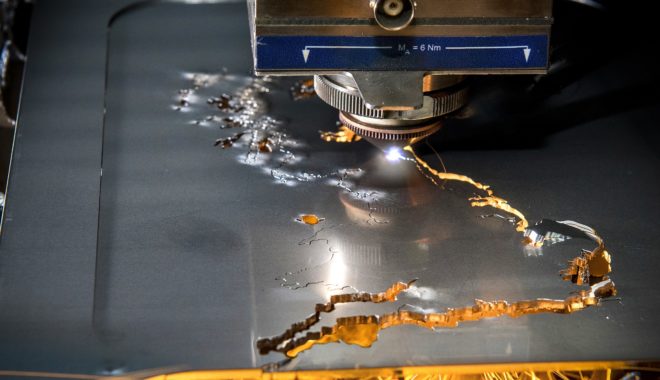
Quality-related research funding has been described by the Russell Group of universities as “the invisible force holding up the UK’s research ecosystem”.
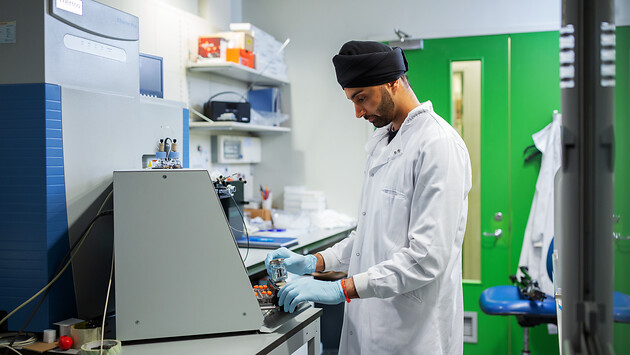
Historically, universities have lacked guidance on how to make labs more sustainable. Now SES members are using the LEAF framework to build sustainability into day-to-day lab usage.
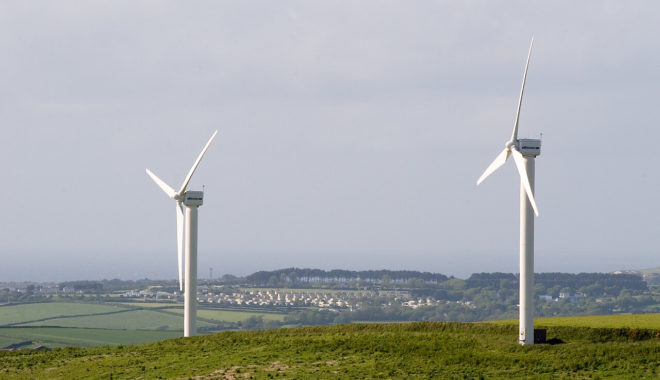
COP26 in Glasgow is showcasing the innovation and research influencing policy makers’ decisions on climate change. Find out how SES member universities are contributing.
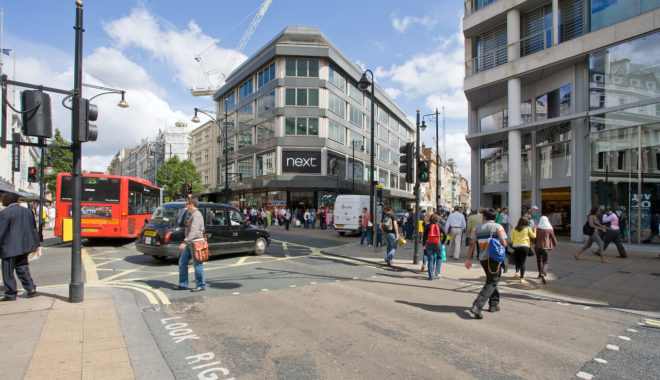
Regional collaborations, coupled with sustained R&D investment, can support the UK’s post-pandemic recovery.

Celebrating the collective successes of Science and Engineering South member universities in the UK Knowledge Exchange Framework

Art and engineering come together at UCL to create a range of paints from waste generated by de-commissioned coal mines, working with local communities and the UK government’s Coal Authority.
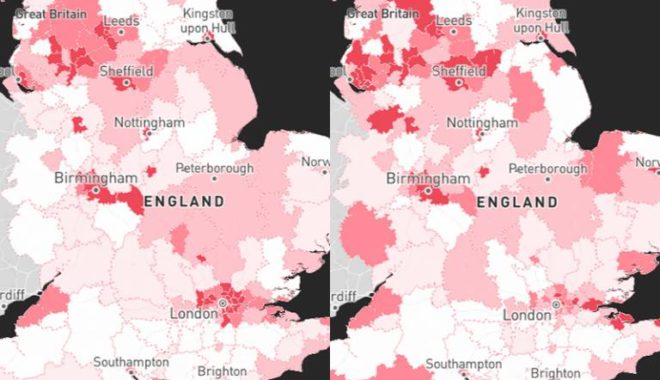
Spending on mental health in England could be targeted better in future, thanks to a modelling tool developed by researchers from two Science and Engineering South institutions

SES member institutions are all located in the south east of England, yet the impact of their research can be felt across the whole of the UK, and indeed across the world.

Six researchers from SES institutions are among 12 DAFNI champions who will get early access to the £8m infrastructure modelling and visualisation platform.
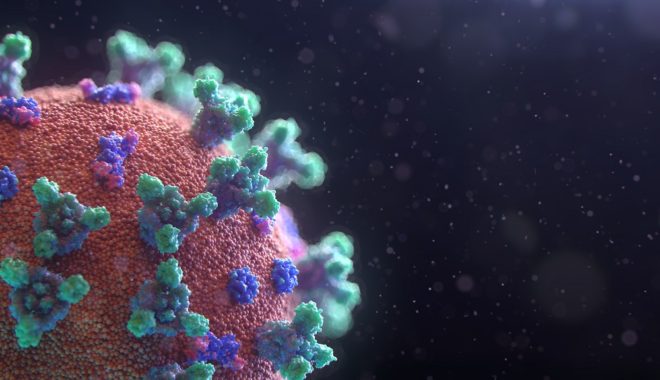
Researchers from across Science and Engineering South (SES) member institutions have joined the international response to the coronavirus in an effort to develop treatments, vaccinations and protect communities.
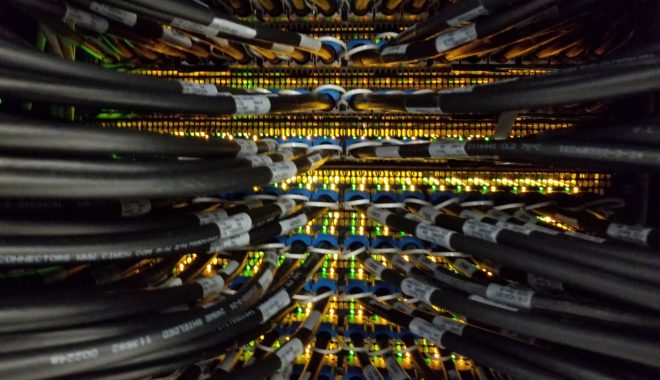
Researchers across the Science and Engineering South Consortium (SES) are to share the benefits of a £30 million investment in advanced supercomputing services.